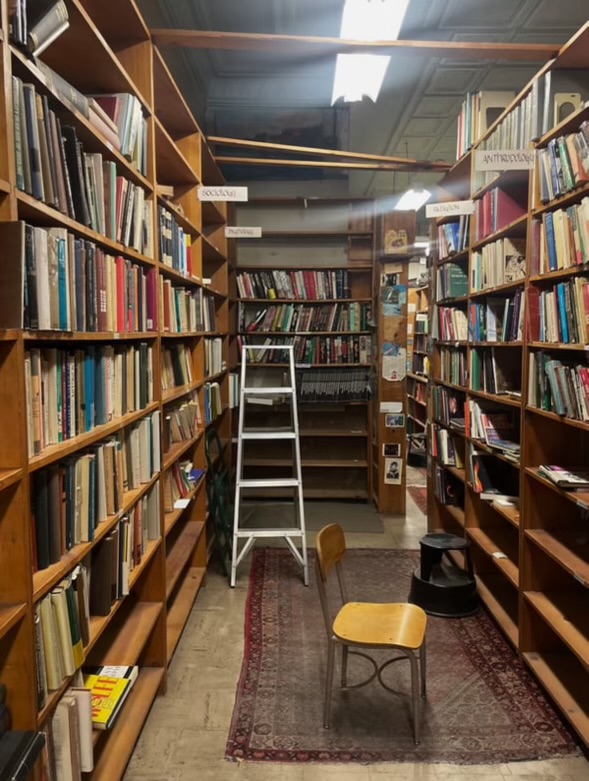[media-credit name=’JAKE NAUGHTON/Herald photo’ align=’alignnone’ width=’648′] [/media-credit]
[/media-credit]
A redevelopment project to improve a Madison neighborhood noted for high crime and poverty rates received a vital financial boost from the state Monday.?
The Wisconsin Housing and Economic Development Authority granted tax credits totaling $7.5 million to the Allied Drive redevelopment project to aid phase one construction of the two-part process.?
The credits, to help reduce the project cost and make homes affordable to renters with low incomes, will be distributed to the project over the next 10 years.
At $9.2 million, phase one will create 48 low-income rental housing units.?
Phase two, which has not received funding, will be the ownership half of the project. Ald. Brian Solomon, District 10, who represents the Allied Drive neighborhood, said the residents of Allied Drive should be recognized for their hard work in pushing the city to submit a final tax credit request to WHEDA.?
“Most of the people in Allied would probably leave if they could,” Solomon said. “This is part of the dynamic we are trying to change.”
Under the development of the Community Development Authority, Solomon said construction would hopefully break ground this fall.?
Mayor Dave Cieslewicz said in a statement receiving the credits is “great news” for the city and Allied Drive neighborhood residents.?
“As we move this project forward, I will continue to work closely with the neighborhood residents and other stakeholders to revitalize Allied Drive in a way that improves the neighborhood while maintaining its affordability,” Cieslewicz said in the statement.?
Solomon said the Allied Drive redevelopment project has been in the works for almost two years, but details on the design and funding sources have been ironed out in the past year.
New homes in the Allied Drive area are not going to “fix” everything, Solomon said, but the redevelopment will “change how you feel when you are there.”
“Housing is such an important piece of the community, but it is just one small piece,” Solomon said. “We keep working on jobs, education training, transportation barriers, child care and mental health issues. … There are a whole range of things that are needed.”?







